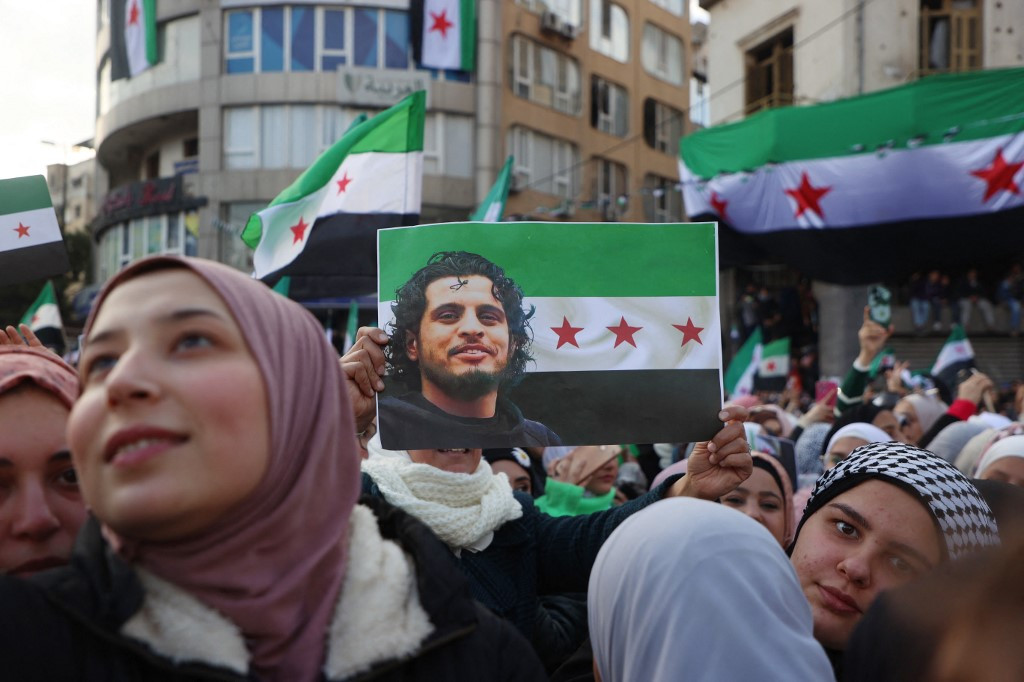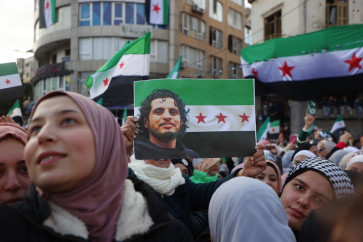Popular Reads
Top Results
Can't find what you're looking for?
View all search resultsPopular Reads
Top Results
Can't find what you're looking for?
View all search resultsWhat did we miss in Syria?
The regime simply collapsed like a house of cards. Victory went to the side that was actually willing to fight and die for its cause.
Change text size
Gift Premium Articles
to Anyone
T
he downfall of Bashar al-Assad’s regime in Syria surprised even the opposition, led by Abu Mohammad al-Jolani’s Hayat Tahrir al-Sham, offering fertile ground for conspiracy theories.
What roles did Israel, Turkey, Russia and the United States play in this sudden reversal? Did Russia abstain from intervening on Assad’s behalf simply because it could not afford another military operation outside the Ukrainian theater, or was there some behind-the-scenes deal? Did the US again fall into the trap of supporting Islamists against Russia, ignoring the lessons from its support of the mujahideen in Afghanistan in the 1980s? What did Israel do? It is certainly benefiting from the diversion of the world’s attention from Gaza and the West Bank, and it is even seizing new territory in southern Syria for itself.
Like most commentators, I simply don’t know the answers to these questions, which is why I prefer to focus on the bigger picture. A general feature of the story, like in Afghanistan after the US withdrawal and in Iran during the 1979 revolution, is that there was no big, decisive battle. The regime simply collapsed like a house of cards. Victory went to the side that was actually willing to fight and die for its cause.
The fact that the regime was universally despised does not fully explain what happened. Why did the secular resistance to Assad disappear, leaving only Muslim fundamentalists to seize the day? One could apply the same question to Afghanistan. Why were thousands willing to risk their lives to catch a flight out of Kabul, but not to fight the Taliban? The armed forces of the old Afghan regime were better armed, but they simply were not committed to that fight.
A similar set of facts fascinated the philosopher Michel Foucault when he visited Iran (twice) in 1979. He was struck by what he saw as the revolutionaries’ indifference to their own survival. Theirs was a “partisan and agonistic form of truth-telling”, Patrick Gamez explains. They sought a “transformation through struggle and ordeal, as opposed to the pacifying, neutralizing and normalizing forms of modern Western power. […] Crucial for understanding this point is the conception of truth at work […] a conception of truth as partial, as reserved for partisans.”
As Foucault himself put it:
“[…] if this subject who speaks of right (or rather, rights) is speaking the truth, that truth is no longer the universal truth of the philosopher. […] It is interested in the totality only to the extent that it can see it in one-sided terms, distort it and see it from its own point of view. The truth is, in other words, a truth that can be deployed only from its combat position, from the perspective of the sought-for victory and ultimately, so to speak, of the survival of the speaking subject himself.”



















